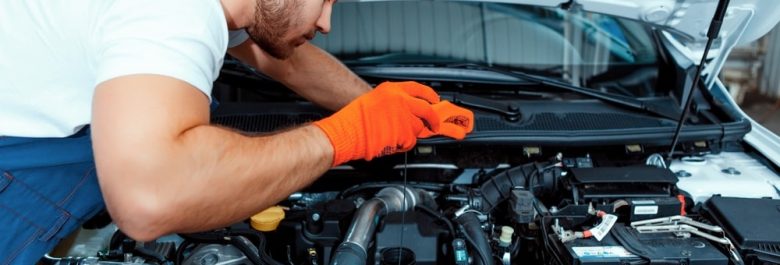The independent car repair industry has been gearing up for the much-needed change it believes will come through implementation of the Automotive Industry Code of Conduct championed by the Competition Commission. “The industry is ready”, says Gunther Schmitz, Chairman of Right to Repair SA (R2RSA).
Dewald Ranft, Chairman of the Motor Industry Workshop Association (MIWA), says reputable workshops are ready. “The parts are available and as part of the Code the Original Equipment Manufacturers (OEM) will provide the specifications and technical information needed to carry out the repairs.”
He says the challenge in the motor industry has always been keeping up with technological advancements, largely due to restrictions placed on access to information. “When consumers have the right to choose where their vehicles are repaired, and workshops have access to technical information and training and tools from the OEMs we will see great advancements in technology in this space. Workshops will start repairing newer cars and developing new skills.”

He adds that the liability will fall on the workshops to ensure the repair is done correctly so they will need to make sure that they use oil and parts fulfilling the right specifications. “If for example the engine fails under warranty and the workshop did not use the right spec oil, the liability to repair will fall on the workshop.”
Schmitz says in Europe where the Right to Repair has been around for some time, the general trend was that the independent workshops improved the quality of their offering and the dealerships improved their pricing. “So, the consumer wins either way.” He says there has already been a drop off of workshops in South Africa over the last few years that could not keep up with the newer and more complex technology in vehicles.
“The greater issue at hand, however, is consumer choice. Ultimately, we believe it cannot be up to the OEM’s to decide who can work on cars. It needs to be the consumers’ choice and the legislator’s responsibility to legislate unsafe practice. If the business working on a car damages the car, the liability lies with that business.”
He says it’s the same principle as the consumer deciding who drives their car. “The legislator specifies that the person needs to have a driver’s license but it’s up to the car owner to decide who drives the car. In the same way there is legislation that a business working on brakes needs to have a qualified technician.”
Ranft agrees and adds that if the car is under warranty, the car owner needs to make sure a qualified technician works on the car. “Make sure the workshop has insurance for faulty workmanship, because if a mistake is made, the manufacturer cannot be expected to cover the repair. Make sure you use an accredited workshop, such as a MIWA member, to ensure the right technical specifications, tools and parts are being used,” he says.
Schmitz says there will be a gradual shift over the next several years in terms of consumer behavior and workshop readiness. “This has been in the case in Europe and other countries and will most likely be the scenario in South Africa. It will be a very slow process of newer cars coming to independent workshops but it will happen. Consumers are calling for the right to repair, not only in the automotive industry, but in other industries too. It is only a matter of time and independent repairers are ready,” he concludes.

